
COURSES
Spring 2024 Course Descriptions: 500-700 Level
Please check Genie for updates and your email for updates from your instructors. Changes to the schedule continue to be possible as our world changes.
SUBJECT TO CHANGE WITHOUT NOTICE! Always check the University online schedule for the latest changes.
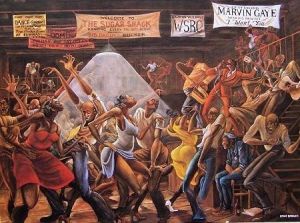
HIS 502: "From Blaxploitation to the Birth of the B-Boy: Black Popular Culture in the 1970s"
10966 TR 2:00-3:15
Watson Jennison
The 1970s witnessed an explosion of black popular culture unseen since the Harlem Renaissance of a half century before. A product of the economic, political, and social transformations that shaped black life in this critical decade, black art, both high and low, represented the voice of a people articulating their distinctive vision of American identity. This course will examine the history of black popular culture as well as the context and controversies connected to its creation. In addition to the rise of black artists in music, television, and film, this course will explore other topics such as Afrofuturism, black theater and literature, and the birth of hip hop. Cross-listed with HIS 403.
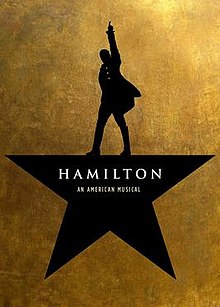
HIS 534: "Hamilton's America: Gender and Race in the Revolutionary Era"
11007 ONLINE asynchronous
Mandy Cooper
The Broadway musical "Hamilton" has popularized study of Alexander Hamilton and the rapidly changing world in which he lived. Yet, it has also raised questions regarding the central ideas, acts, and figures of the founding of the United States. This class focuses on a central question in the history of the American Revolution: "a revolution for whom?" We will move beyond the Founders to examine the Revolution from the perspective of women, Native Americans, African Americans, and loyalists, beginning in the late colonial period and continuing through the early American Republic. Finally, we’ll examine the stories that we continue to tell of the American Revolution, questioning who takes center stage in those stories—and why that matters. Crosslisted with HIS 434.
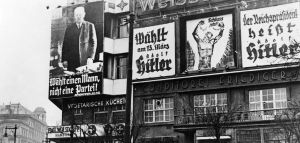
HIS 574: "Weimar Germany"
11009 TR 3:30-4:45
Teresa Walch
In the autumn of 1918, soldiers and workers rose up in revolution all across Germany at the end of the First World War. Refusing to continue fighting a war that had already been lost, they toppled the German monarchy and established a constitutional republic, the Weimar Republic. The new state guaranteed unprecedented freedoms for previously oppressed political, ethnic, religious, and sexual minorities in Germany. Many German artists, architects, musicians, actors of this era gained worldwide fame. Visitors from near and far flocked to the modern metropolis of Berlin to witness its achievements up close. But Weimar’s progressivism was not loved by all. Many Germans remained deeply bitter about the country’s defeat in the First World War, and politicians on the right inflamed these sentiments by propagating potent conspiracy theories that eroded faith in Germany's fledgling democracy. It was these tensions—between progressives and conservatives, international and national, urban and rural, promise and tragedy—that defined the Weimar Republic. At the heart of this history looms a serious question: how and why does a democracy fail? Crosslisted with HIS 474.
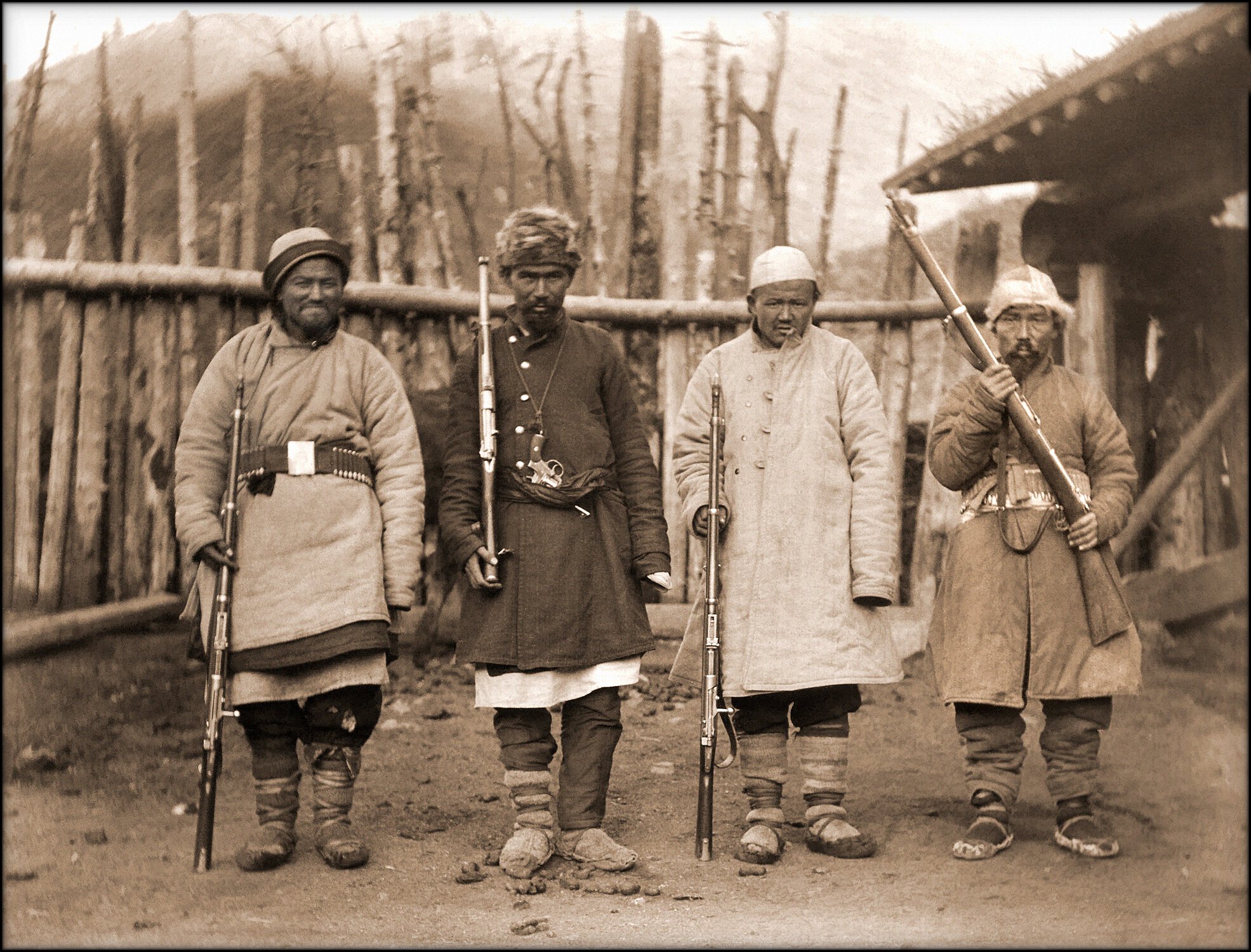
HIS 588: "Outlaws of China: Pirates, Bandits, Gangsters and Revolutionaries Since Early Modern Times"
11228 TR 12:30-1:45
James Anderson
This seminar course provides a comprehensive exploration of the fascinating and often tumultuous history of socially marginal groups (pirates, bandits, gangsters and revolutionaries) in China from the early modern period to the present day. Throughout Chinese history, these groups have played significant roles in shaping the premodern and modern Chinese state's social, political, and economic characteristics. By examining these marginalized actors’ actions, motivations, and the broader historical context, students will gain a deeper understanding of the complex dynamics that have driven social change in China. The course themes include early modern outlaws' self-identity in the shadow of Chinese state domination, the "outlaw" origins of the Chinese nationalist and Communist movements, and the Chinese government’s marginalization of borderlands ethnic groups as "outlaw" societies. This course also explores how these marginalized and often vilified figures have been represented, mythologized, and contested in Chinese culture. By examining literary texts, visual arts, films, and recent scholarship, students will gain insights into how narratives surrounding these groups have evolved and influenced the broader cultural and historical landscape of China. Crosslisted with HIS 488.
All 600-700 level History courses are for admitted graduate students only. Prerequisite: Admission to a graduate program in history or interior architecture, or written permission of instructor if you are a graduate student in another department.
HIS 626 - The Practice of Public History
11011 M 2:00-4:50
Anne Parsons
This course introduces students to the various ways people work and thrive within public history institutions. The course revolves around the theories and practices involved in building relationships with colleagues, audiences, and community partners. Students learn how to write a mission statement, draft a budget, and apply for grants. At the same time, the class engages with the broader issues that underpin these decisions, such as institutional purpose, infrastructural dynamics and sources of financial support. The course culminates in a collaborative class project to conceive of and plan for a public history project to go up in Fall 2024.
See the M.A. FAQ for more information about the following:
HIS 690 - Internship
HIS 692 - Advanced Topics
HIS 697 - Independent Study
HIS 699 - Thesis
Written permission is required to register for these courses.
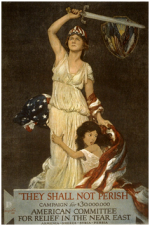
HIS 702 - Colloquium in American History
11012 T 5:30-8:20
Mark Elliott
Issues of historical interpretation from Reconstruction to the present.
HIS 704 - Seminar in History
Individual Graduate Faculty
Research and writing on selected topics in history. M.A. students.
HIS 709 - Introductory Research Seminar
709-01: 11013 R 5:30-8:20 Jill Bender
Historians have acknowledged the nineteenth century to be Britain’s “imperial century,” when the island country emerged as the world’s preeminent imperial power. This position of dominance was neither static nor uncontested, however. In this introductory research seminar, we will examine how other historians have explained this expansion and its impact on both Britain and its colonies. In particular, we will explore questions of power and resistance, as students prepare their own research projects based on primary sources.
709-02: 11014 R 2:00-4:50 Asa Eger
At a time when western Europe was cut off from the rest of the Mediterranean world in a post-Roman insular "Dark Ages," the Medieval Islamic world, from the 8th to 12th centuries reached a thriving pinnacle of civilization. The Islamic lands included a complex system of cities and subsidiary towns, innovative new agricultural and industrial technologies, and far-flung trading networks from the Mediterranean Sea to East Asia. It is precisely the unifying force and openness of Islamic culture superimposed over these vastly different geographies from Spain to Central Asia that allowed for an expansive yet inter-connected framework of economic and social exchanges. Over the course of several stages, you will produce a final research paper on a topic of your choosing which draws upon a synthesis of your historical and archaeological research with secondary sources. No prior knowledge of Islamic history is required for the course.
HIS 716 - Graduate Colloquium in World History
11015 W 2:00-4:50
Teresa Walch, Richard Barton, Jill Bender
Introduction to World history, the historiography of World studies, and comparative, cross-cultural approaches to historical research.
HIS 721 - Public History Capstone II
11016 R 2:00-4:50
Torren Gatson
This course is part of a two-semester sequence in which students design and execute original, research-driven, independent-study history projects for public audiences, usually with a community or institutional partner. In this semester, students complete detailed development and produce and publicly present their projects. Restricted to graduate students who have completed HIS 720.
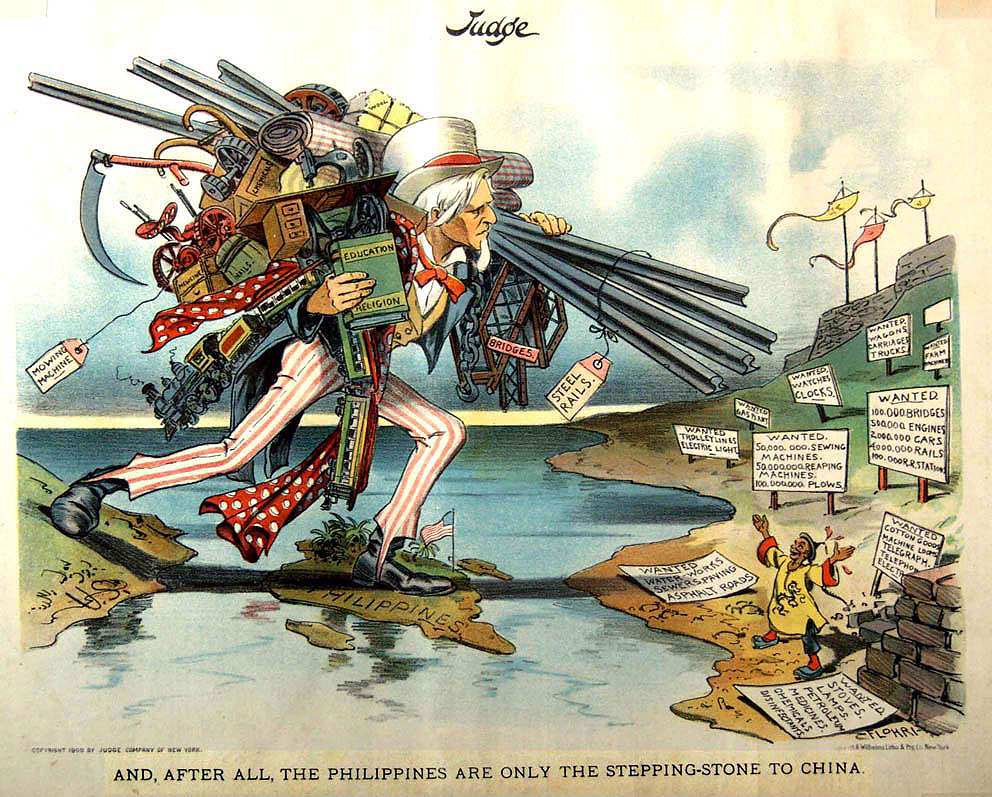
HIS 724 - 20th Century U.S. Topics: The United States and the World
11017
David Wight
How does bringing in the World change our understanding of U.S. history? How does a focus on the United States change our understanding of World history? How might an international, transnational, or global approach inform your own scholarship and teaching? Explore the answers to these and many other questions while engaging with some of the defining works of this subfield of history.
100-400 Undergraduate Level Courses | University Catalog | Courses